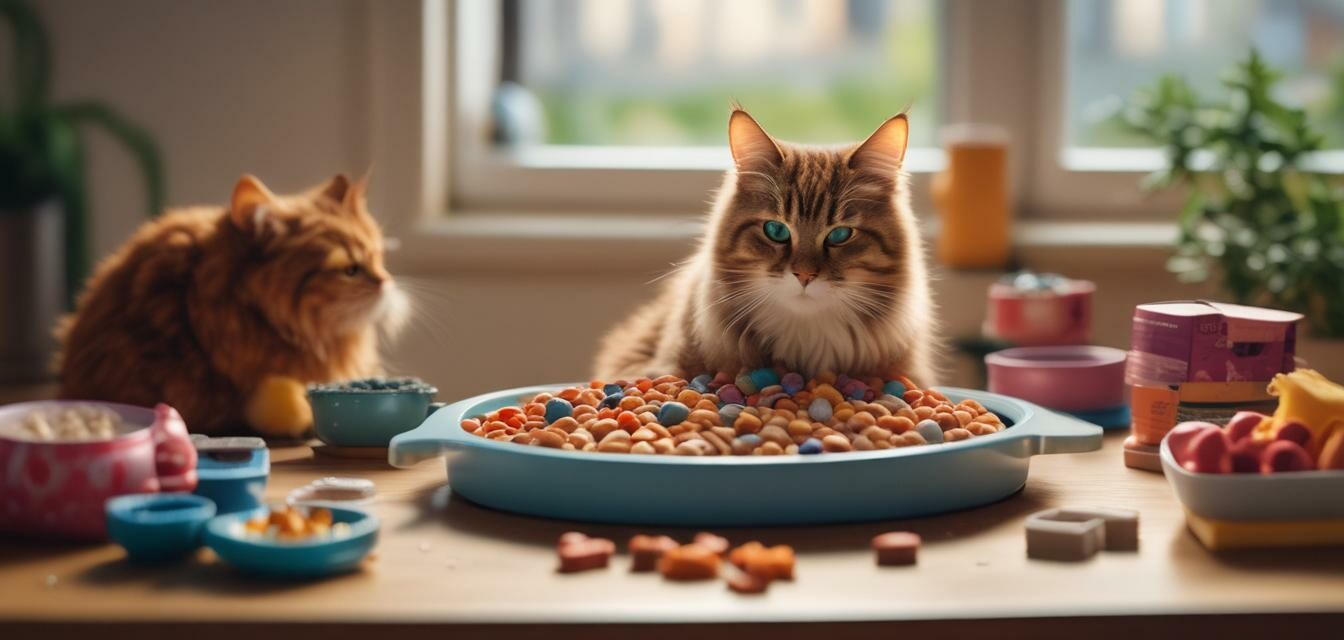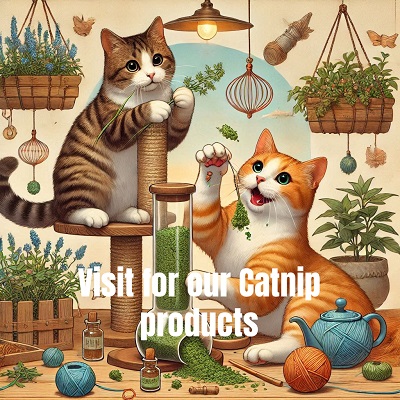
5 Essential Tips for Feeding Your Cat Properly
Key Takeaways
- Understand your cat's nutritional needs for a balanced diet.
- Establish a feeding schedule to promote health and routine.
- Choose high-quality cat food that is age-appropriate.
- Monitor portions and control treats to maintain a healthy weight.
- Ensure fresh water is always available for hydration.
Feeding your cat properly is crucial for their overall health and happiness. Beyond simply filling their bowl, understanding their nutritional needs, meal timing, and food quality can make a significant impact on their quality of life. Here, we’ll explore five essential tips that every cat owner should consider for proper feeding and care.
1. Understand your cat's nutritional needs
Just like humans, cats have specific dietary requirements that depend on various factors including their age, size, and health condition. Here are the basic components of cat nutrition:
| Component | Importance |
|---|---|
| Protein | Essential for muscle development and overall energy. |
| Fats | Provide energy and support skin and coat health. |
| Vitamins & Minerals | Support immune function and overall bodily function. |
| Water | Cats need constant access to clean water for hydration. |
2. Establish a feeding schedule
Cats thrive on routine. Establishing a set feeding schedule can help regulate their digestive system. Here are some tips:
- Feed your cat at the same times each day.
- Offer meals twice a day for adult cats; kittens may require more frequent feeding.
- Avoid leaving food out all day to prevent overeating.
3. Choose high-quality cat food
When selecting cat food, calories count! Look for high-quality brands that offer a balanced mix of nutrients tailored to your cat’s age and health status. Following are some attributes to consider:
Tips for Selecting Cat Food
- Check the label for meat as the first ingredient.
- Avoid foods with excessive fillers like corn and soy.
- Consider age-appropriate formulas for kittens, adults, and seniors.
- Consult your veterinarian about specific dietary needs.
4. Monitor portions and control treats
Portion control is essential in preventing obesity. Here's how to effectively manage your cat’s food intake:
- Follow the feeding guide on the cat food package as a baseline.
- Use measuring cups to serve appropriate portions.
- Limit treats to no more than 10% of daily caloric intake.
5. Ensure fresh water is available
Dehydration can be a significant issue for cats, especially those on dry food diets. Always ensure that your cat has access to fresh water. Here are some suggestions:
- Change their water daily to keep it fresh.
- Consider using a pet water fountain, as many cats prefer running water.
- Monitor your cat's water intake; reduced consumption may indicate a health issue.
Pros
- Improved overall health and vitality.
- Better digestion and less food waste.
- Enhanced bonding time during feeding.
Cons
- Time and effort needed for preparation and consistency.
- Potentially higher costs for quality food.
- Adjusting to changes if switching brands or types.
Conclusion
Proper feeding is vital for your cat's health and happiness. By understanding their nutritional needs, establishing a feeding schedule, and choosing quality food, you are ensuring a long, vibrant life for your feline friend. For more tips on how to care for your cat, feel free to check out our Cat Care Tips section for more great advice!
Explore related topics
- Buying Guides on cat food options.
- Cat Health & Wellness for tips on maintaining your cat's health.
- Understanding Catnip and its effects on feeding.
- Cat Toys that can promote mental health through play.
- Choosing a Cat Bed to improve rest and digestion.


